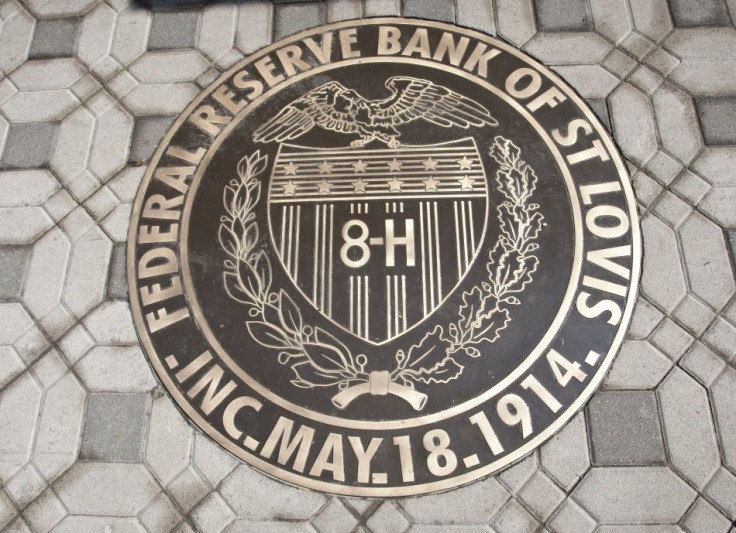Strong Economic Data Mean Fed Doesn't Need to Buy Bonds Now: Bullard

Signs the U.S. recovery is gaining strength indicate the Federal Reserve may not need to buy any more bonds to spur growth, a top policy maker said on Saturday.
I don't think it's very likely right now because the tone of the data has been pretty strong recently, James Bullard, president of the Federal Reserve Bank of St. Louis, told reporters after a speech at an economics conference. We can probably wait and see for now.
The Federal Reserve cut benchmark rates to near zero more than three years ago and has bought $2.3 trillion in bonds to boost growth.
While the Fed has left the door open to further accommodation, the U.S. economy has shown signs of accelerating growth in recent months, leaving many to wonder whether the central bank needs to do any more.
Adding to a sense of pickup, the government said on Friday that employers added 200,000 jobs in December and the unemployment rate eased to 8.5 percent, near a three-year low.
Bullard's comments show a Fed still divided over the need for more accommodation to ensure a soft recovery does not dissipate or wilt due to an outside shock such as an intensification of the European debt crisis. On Friday, three Fed officials urged another round of buying mortgage-backed securities to shore up the depressed housing market.
Inflation Target in View
Foreshadowing a development expected at the Fed's meeting this month, Bullard said that the Fed's adopting of an explicit inflation target would reassure markets that the central bank will under no circumstances tolerate high inflation to get the economy back on its feet.
If you don't name an inflation target, what you're doing is keeping the possibility of very high inflation in your pocket, which you might take out at an appropriate time, he said.
I think we want to take that possibility off the table, he added.
Having an explicit inflation target would permit the Fed to take further action to stimulate growth, if it needed to, without losing its inflation-fighting credibility, he said.
The St. Louis Fed president, who is not a voter on the Federal Open Market Committee this year, said reasonably strong holiday sales and labor-market gains point to an improving economy at least for the next six months.
Now, you do have this risk out there from Europe, but still I think the best forecast for the U.S. is that the momentum will continue into the first half of 2012, he said.
Federal Reserve Gov. Sarah Bloom Raskin said in a speech in Washington that the Fed must impose monetary penalties on banks over mortgage-servicing problems, but did not comment on the outlook for the economy or monetary policy.
(Reporting by Mark Felsenthal; Additional reporting by Dave Clarke in Washington; Editing by Andrea Ricci)
© Copyright Thomson Reuters 2024. All rights reserved.






















